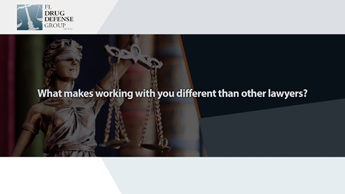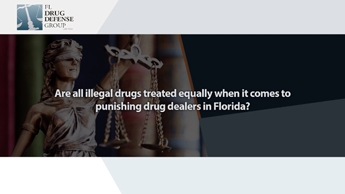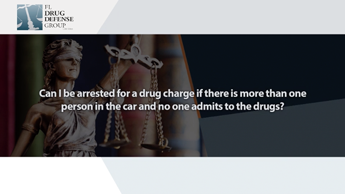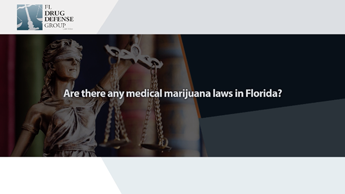Do Affirmative Defenses Work in Drug Cases?

It is sometimes possible to be acquitted of a crime if you admit that you committed the act, but you claim that you had a reason for doing it that absolves you of criminal liability. This type of defense strategy is called an affirmative defense. It means that you are not saying, “I didn’t do it.” You are also not saying, “The state violated my rights, so you cannot convict me even if I did it,” as defendants do when they claim that the state violated their Fourth Amendment rights by conducting a search without a warrant or that it violated their Fifth Amendment rights by not reading the Miranda warnings at the time of the arrest. Certain types of affirmative defenses are very common and very effective in cases involving certain types of criminal offenses. In general, though, it is not easy to get acquitted of drug charges by using affirmative defenses. For sound advice about which defense strategies to use in your drug case, contact a Florida drug offenses attorney.
What Are Affirmative Defenses, and When Should You Use Them?
The category of affirmative defenses covers any defense where the defendant claims that his or her actions do not fit the definition of the crime being alleged because of external circumstances. For example, self-defense is an affirmative defense, but it is only applicable in cases involving violent crimes. Not guilty by reason of insanity is also an affirmative defense, but despite that it makes for good television, it is rarely used, and only about a quarter of the defendants who use it get acquitted.
Consent and duress are the affirmative defenses most likely to be applicable in drug cases. With the duress defense, you claim that someone coerced you to commit the crime. For example, it is duress if a drug dealer threatens to physically harm you or report you to the police if you do not transport a shipment of drugs. The consent defense means that you were legally allowed to do what you did, for example, claiming that it was a consensual sex act instead of a sex crime or an authorized transaction instead of a financial crime. In a drug crimes context, you can use this defense if you get arrested for possession of a controlled substance, provided that it is not Schedule I, and you can show that a doctor prescribed the drug to you for a valid medical reason.
Is Addiction an Affirmative Defense?
Addiction does not fit the legal definition of an affirmative defense. Despite this, the courts acknowledge that addiction is the impetus behind many incidents of possession and purchase of illegal drugs. If you can get into a drug court program, you may be able to avoid a criminal conviction if you complete substance abuse disorder treatment and comply with other requirements.
Contact FL Drug Defense Group About Drug Cases
A Central Florida criminal defense lawyer can help you if you are considering using affirmative defenses in your drug case. Contact FL Drug Defense Group in Orlando, Florida to discuss your case.
Source:
law.cornell.edu/wex/affirmative_defense







